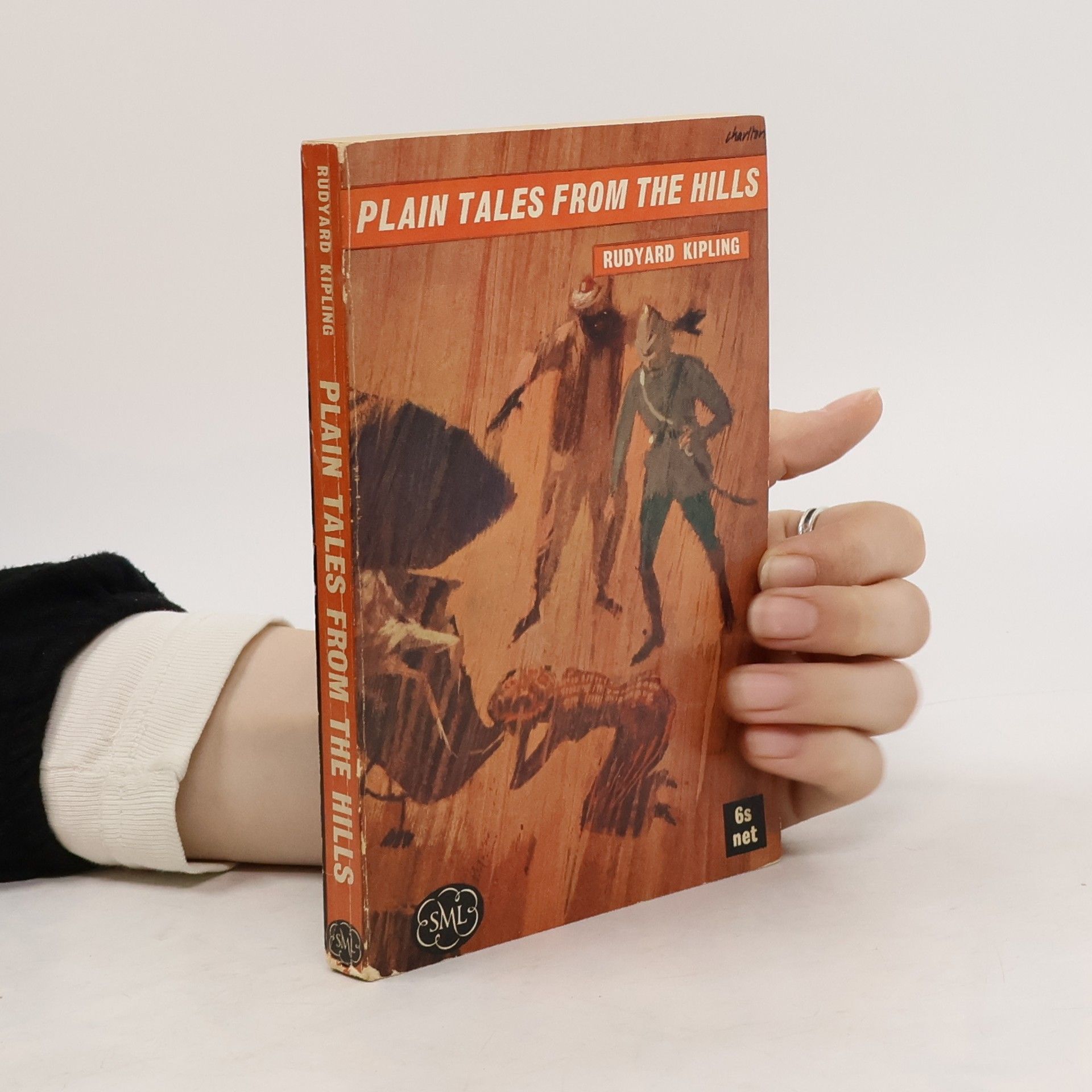Dante's first major work links 31 poems inspired by his love of Beatrice, with a prose narrative that celebrates the subject of love while commenting on the nature of the poet's art.
Charles Eliot Norton Knihy
Charles Eliot Norton byl váženým autorem, překladatelem, společenským kritikem a liberálním aktivistou. Jeho oddanost umění a řemeslům z něj učinila předního amerického zastánce tohoto hnutí. Na Harvardu působil jako profesor dějin umění, kde se jeho křeslo vytvořilo na míru, a jako první prezident Archeologického institutu Ameriky. Jeho odkaz žije v podobě prestižních přednášek Charlese Eliota Nortona na Harvardu a v části jeho knihovny, kterou odkázal univerzitě.


First published in 1888, Plain Tales from the Hills was Kipling's first volume of prose fiction. His vignettes of life in British India give vivid insights into Anglo-India at work and play, and into the character of the Indians themselves. Witty, wry, sometimes cynical, these tales withtheir brevity and concentration of effect are landmarks in the history of the short story as an art-form.